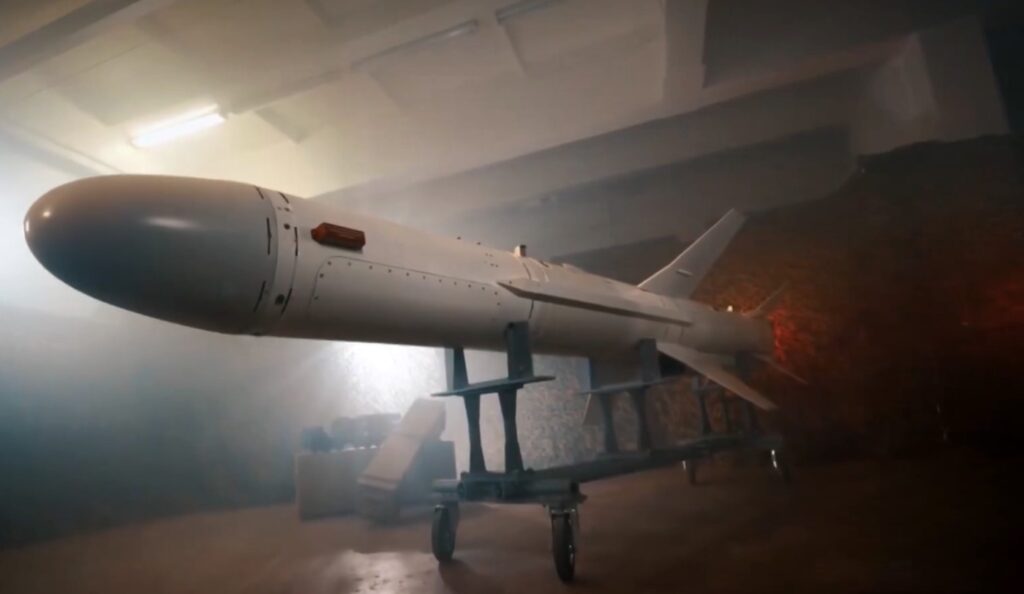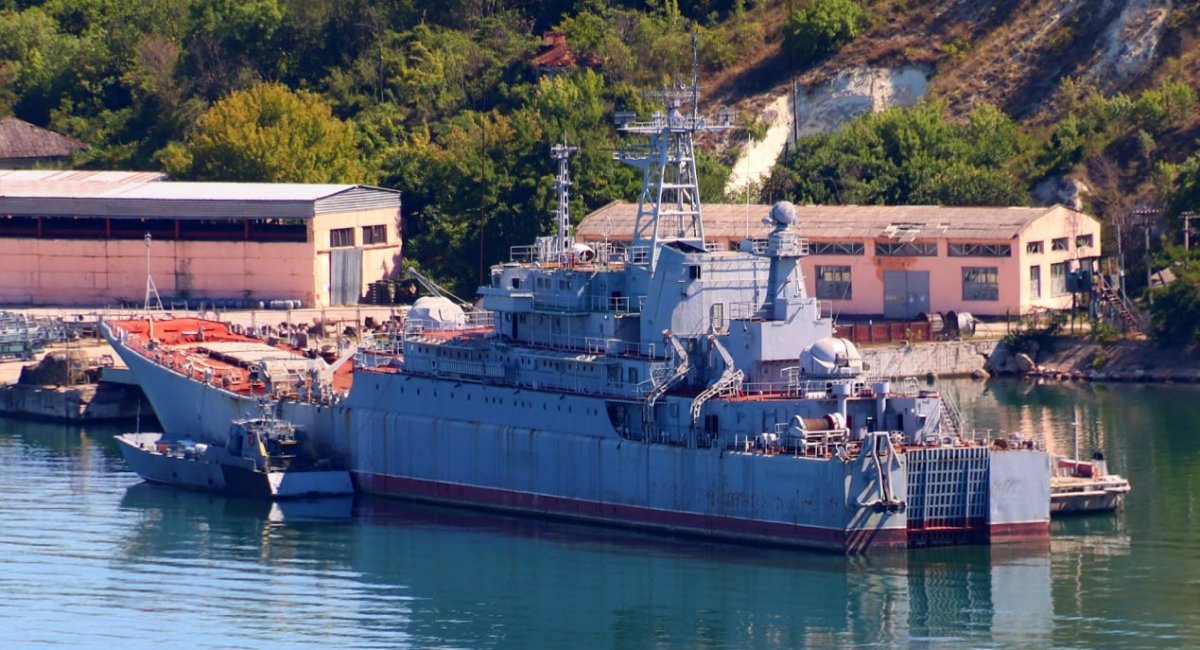Ukraine catches Chinese spies trying to steal secrets of missile that sank Russia’s flagship

Two Chinese nationals sit in Ukrainian custody tonight, accused of attempting to steal classified documentation on Ukraine’s Neptune anti-ship missile system. The weapon that sank Russia’s flagship Moskva.
The Security Service of Ukraine (SBU) says it caught the pair red-handed in Kyiv. A 24-year-old former university student and his father, who resides in China but made periodic visits to Ukraine.
Chinese father-son espionage in Ukraine
The younger suspect studied at a Kyiv technical university until 2023, when he was expelled for poor grades. Instead of returning to China, he stayed in Ukraine. The SBU suggests he used his remaining contacts to target someone with access to advanced weapons development.
His father allegedly traveled to Ukraine to personally coordinate intelligence operations, according to the security service’s investigation. The family business, apparently, was espionage.
The student attempted to recruit a Ukrainian citizen connected to cutting-edge defense projects. The goal: technical documentation on Neptune missile production that could be smuggled back to Chinese intelligence services.
Ukrainian counterintelligence officers say they identified the operation early and arrested the student during a document handover. His father was detained as he prepared to transfer the stolen information to Beijing.
During searches, investigators seized mobile phones containing what they describe as coordination messages between the two suspects.
Both face espionage charges under Ukraine’s Criminal Code. Maximum sentence: 15 years with property confiscation.
Why would China want Neptune missile secrets?
The weapon has proven its worth in combat. Two Neptune missiles sank the Russian cruiser Moskva in April 2022—the Black Sea Fleet’s flagship and a potent symbol of Russian naval power. In March 2024, another Neptune strike hit the landing ship Konstantin Olshansky at its occupied Crimean base, rendering the vessel incapable of combat.
The missile itself measures just over five meters long and weighs 870 kilograms (1 918 lbs). Range: up to 280 kilometers (173 miles). It can sink vessels displacing up to 5,000 tons.
Recent modifications expanded the Neptune’s capabilities beyond ships to ground targets that has an extended range of up to 1,000 kilometers (621 miles).
This advancement allows Ukraine to strike deep into Russian territory, including strategic targets such as oil refineries, exemplified by a likely 14 March strike on a refinery in Tuapse about 450 km (279 miles) from the front line.
